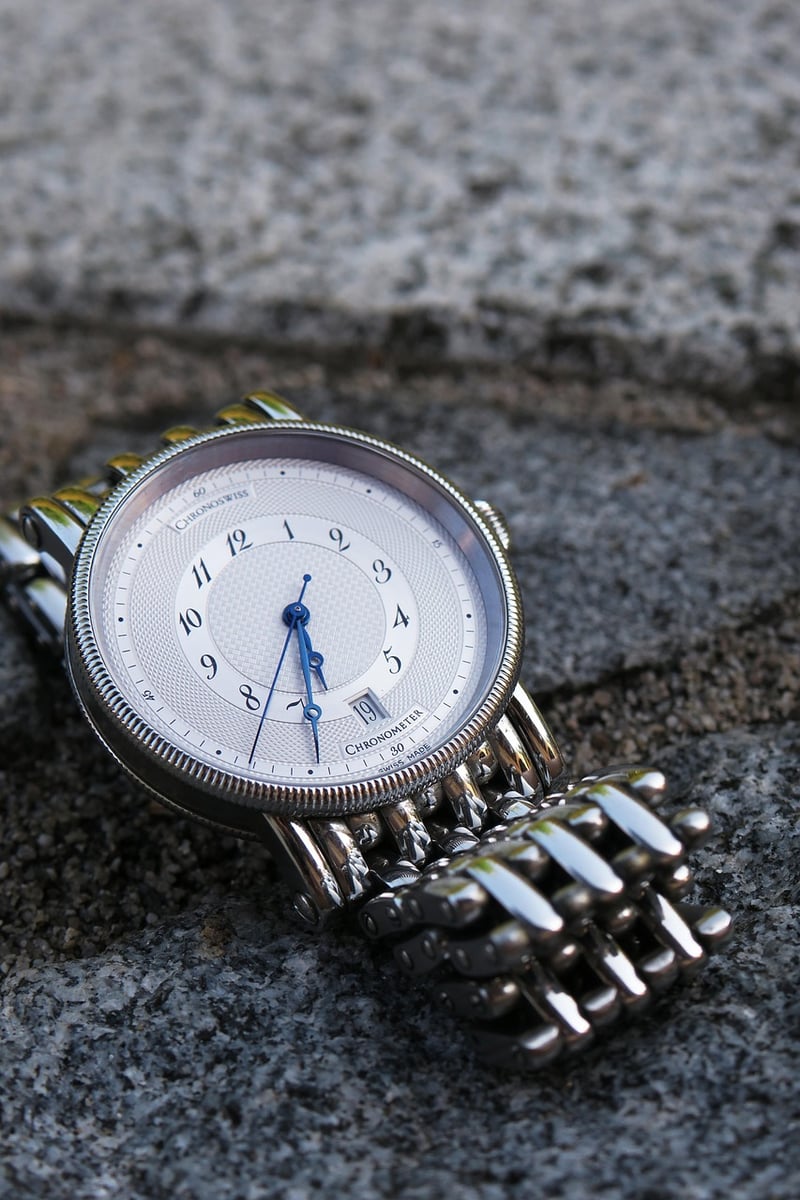Chronometers
Tools for Temporal Exploration and Chronometers
Exploring time and understanding its passage has been a fascination for humans across centuries. From ancient sundials to modern atomic clocks, various tools have been developed to measure and visualize time. In this article, we will delve into the world of temporal exploration and chronometers, the devices that keep track of time with precision.
1. Sundials
Sundials are one of the oldest tools used by civilizations to measure time based on the position of the sun. They come in various designs such as horizontal, vertical, and equatorial dials, each tailored to a specific location and purpose.
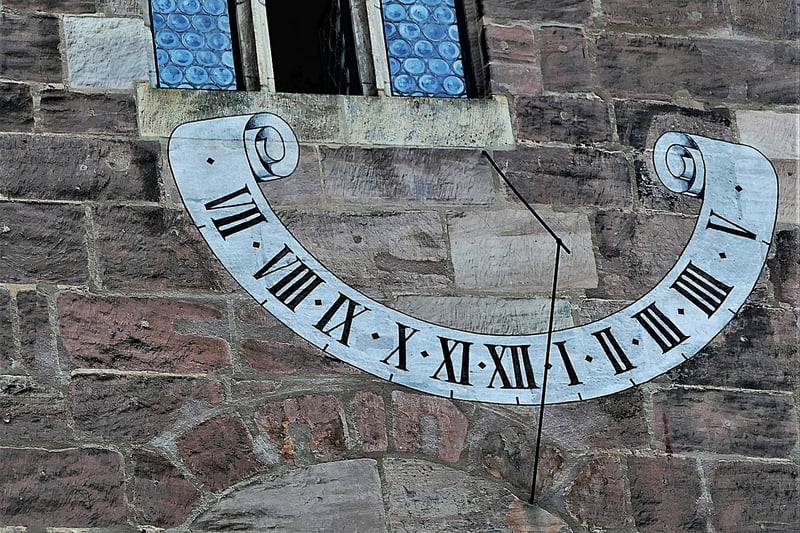
2. Water Clocks
Water clocks, also known as clepsydra, measure time based on the regulated flow of water from one container to another. They were widely used in ancient civilizations like Egypt, Babylon, and Greece.
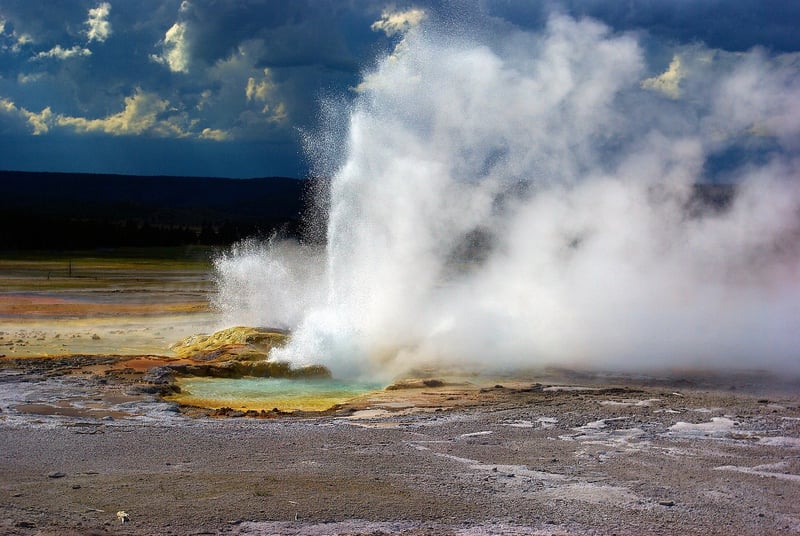
3. Mechanical Clocks
Mechanical clocks revolutionized timekeeping with the invention of escapement mechanisms and pendulums. They paved the way for more accurate time measurement and were crucial in the development of modern chronometers.
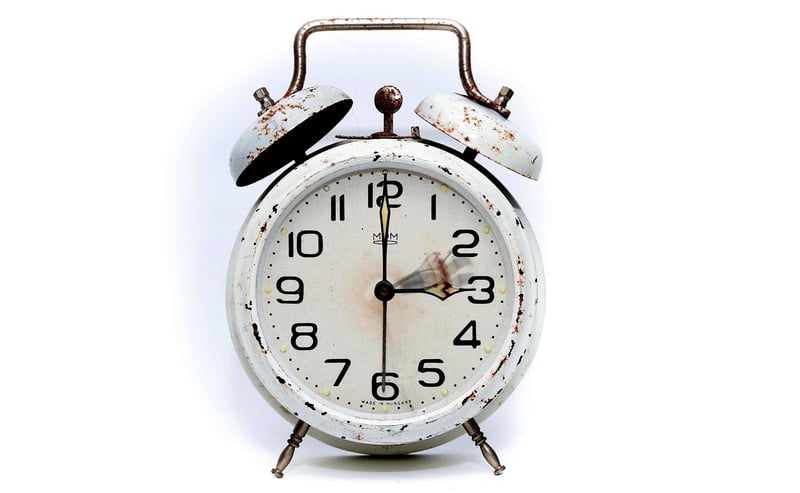
4. Chronometers
Chronometers are highly precise timepieces used in various fields such as navigation, astronomy, and scientific research. They are designed to maintain accurate timekeeping in diverse conditions, making them essential tools for temporal exploration.
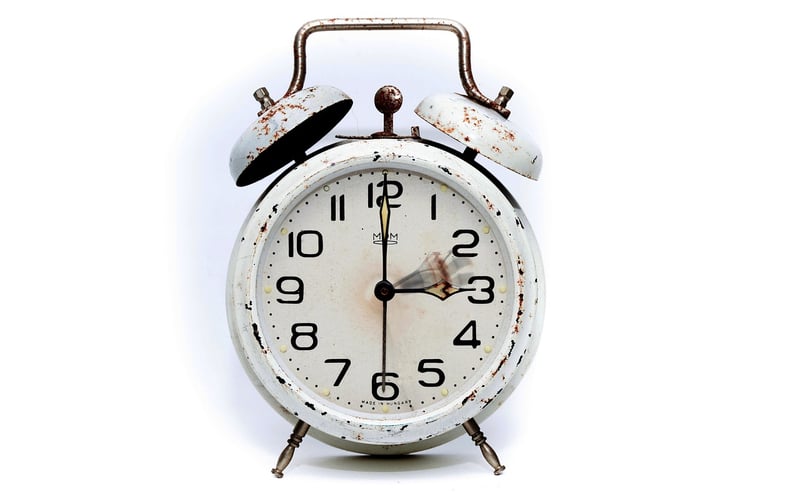
5. Atomic Clocks
Atomic clocks are the most accurate timekeeping devices, using the vibrations of atoms to measure time. They are fundamental in defining the international standard of time and play a crucial role in modern technologies like GPS and telecommunications.

Exploring the evolution of timekeeping tools allows us to appreciate the ingenuity and precision of ancient and modern civilizations in understanding and measuring time. Whether through the shadow cast by the sun or the vibrations of atoms, humanity's quest for temporal exploration continues to shape our understanding of the universe.
For more information on chronometers and timekeeping devices, visit Britannica - Chronometer.
